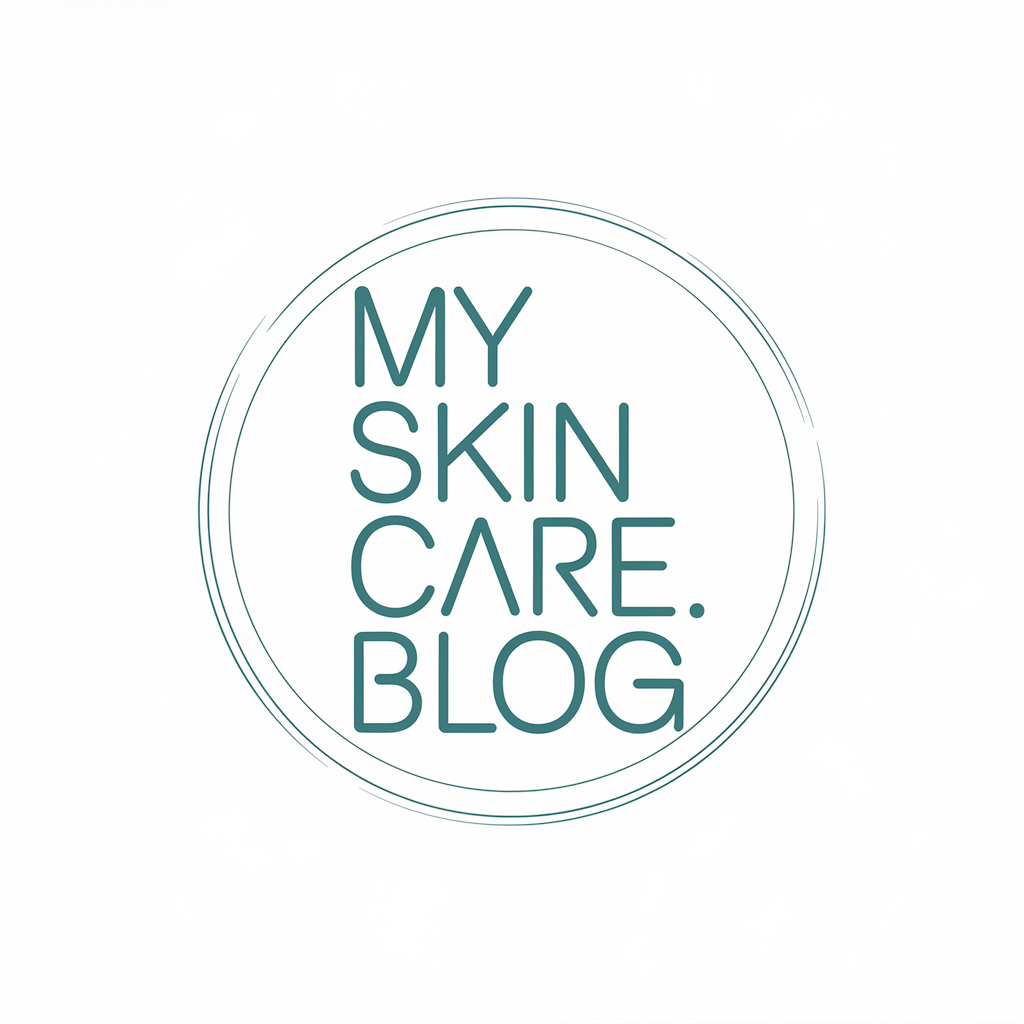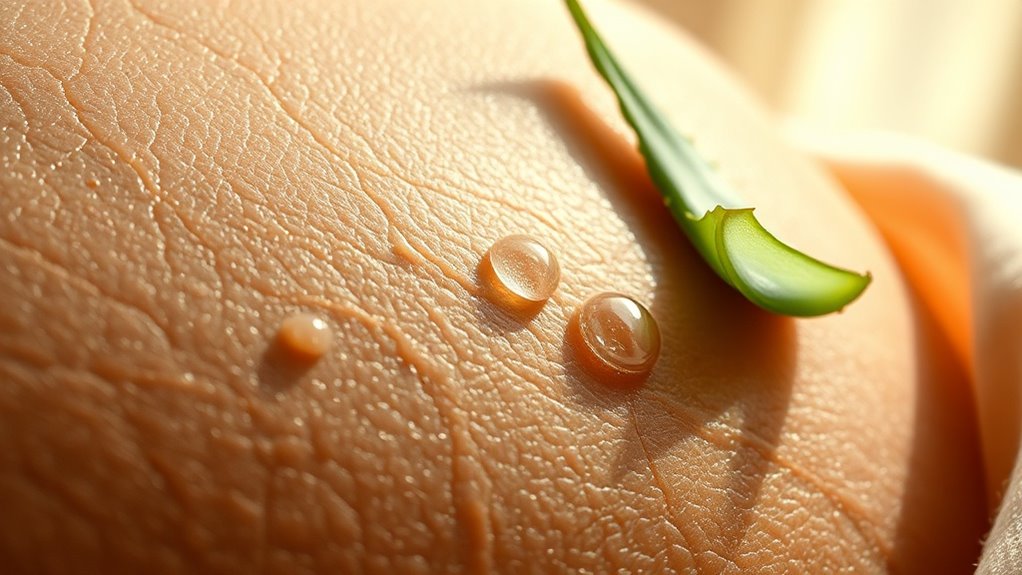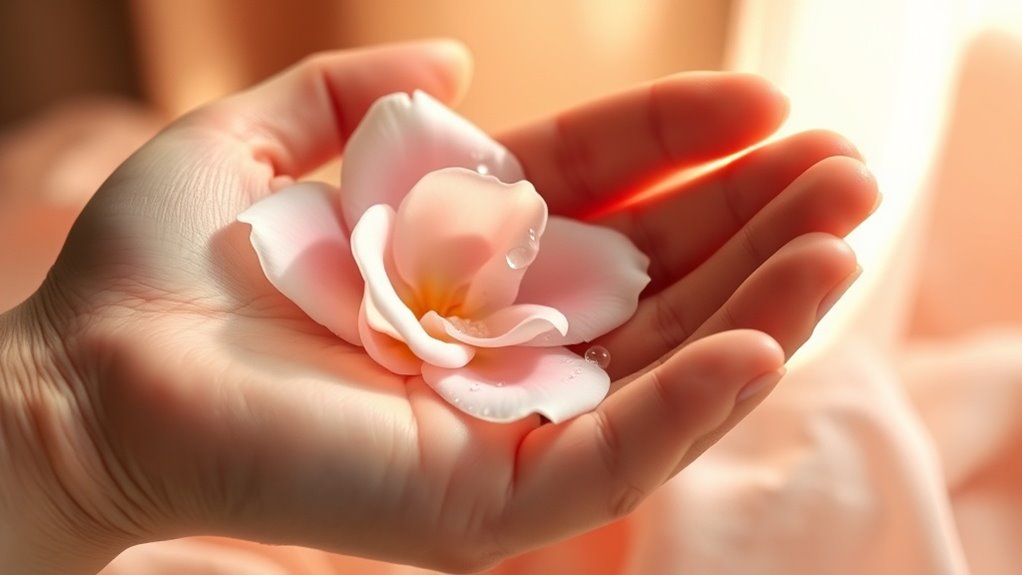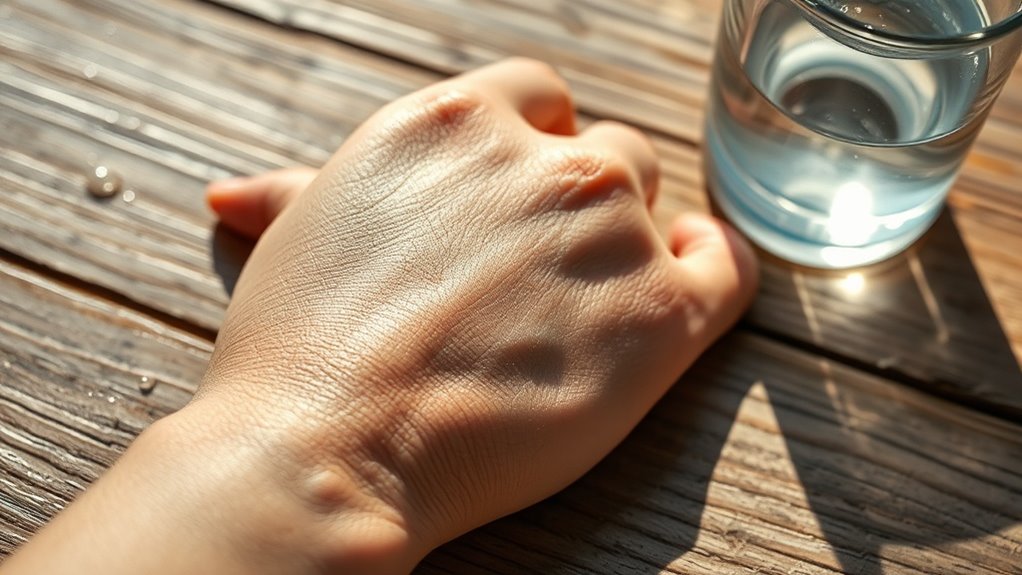The Surprising Causes Behind Your Skin.s Dryness
Did you know that almost 50% of adults experience persistent skin dryness at some point in their lives? While many attribute this to seasonal changes, the reality is much more complex. Factors like dietary deficiencies, product overuse, and environmental stressors could be at play. Understanding these surprising causes is essential for crafting a personalized skincare approach that truly addresses your skin’s needs. What might you be overlooking in your routine?
Dietary Deficiencies
When you lack essential nutrients in your diet, it can lead to skin dryness and various other dermatological issues.
Key dry skin triggers include deficiencies in vitamins A, C, and E, as well as omega-3 fatty acids.
These nutrients are vital for maintaining skin hydration and barrier function. Without them, your skin may lose moisture, becoming increasingly rough and prone to irritation. Additionally, a well-balanced diet rich in skin health nutrients can significantly enhance your complexion over time.
Overuse of Skin Products
Although using skin products can enhance your skincare routine, overdoing it often leads to dryness and irritation.
Excessive application of cleansers, exfoliants, or moisturizers can disrupt your skin’s natural barrier, stripping away essential oils. This imbalance results in compromised moisture retention and heightened sensitivity. Additionally, over-cleansing with harsh treatment products can exacerbate these issues, leading to further skin damage.
To maintain healthy skin, limit product use and prioritize formulations suited to your skin type.
Environmental Factors
Environmental factors play a crucial role in skin dryness, as exposure to elements like harsh weather, pollution, and low humidity can significantly affect your skin’s hydration levels.
Here are three key contributors:
-
Harsh Winds: They strip moisture from your skin.
-
Air Pollution: Toxic particles can damage the skin barrier.
-
Low Humidity: It reduces the skin’s ability to retain moisture, leading to dryness.
Stress and Hormonal Changes
Many people overlook the impact of stress and hormonal changes on skin hydration, especially when grappling with environmental factors like harsh weather and pollution.
Elevated cortisol levels during stress can diminish your skin’s barrier function, leading to moisture loss. Additionally, hormonal fluctuations, particularly during menstruation or menopause, can disrupt oil production, further exacerbating dryness and irritation.
Recognizing these factors is crucial for effective skin care. Implementing overnight solutions can help restore hydration and improve your skin’s appearance by morning.
Hydration Misconceptions
While you might believe that simply drinking plenty of water is enough to keep your skin hydrated, the reality is more complex. Here are three key misconceptions:
-
Topical hydration: Moisturizers don’t hydrate; they trap moisture.
-
Diet impact: Hydration comes from diverse foods, not just water.
-
Climate influence: Humidity levels significantly affect skin hydration.
Moreover, factors such as dehydrated skin signs can further complicate your skin’s hydration needs. Understanding these nuances can help you better manage your skin’s moisture levels.





